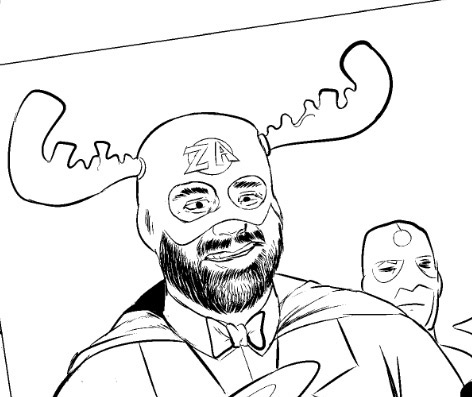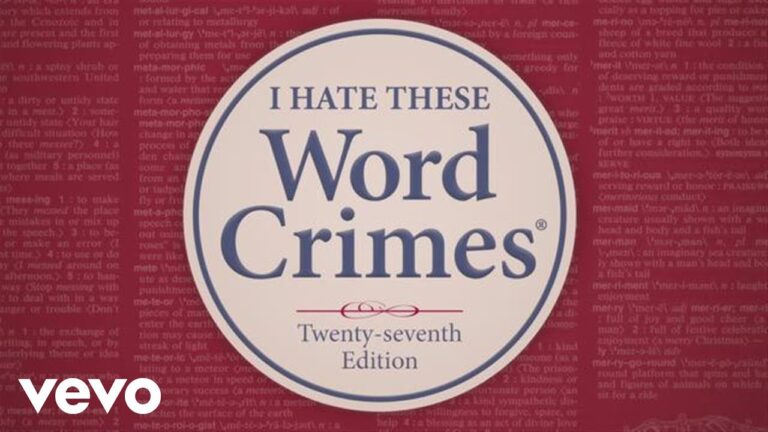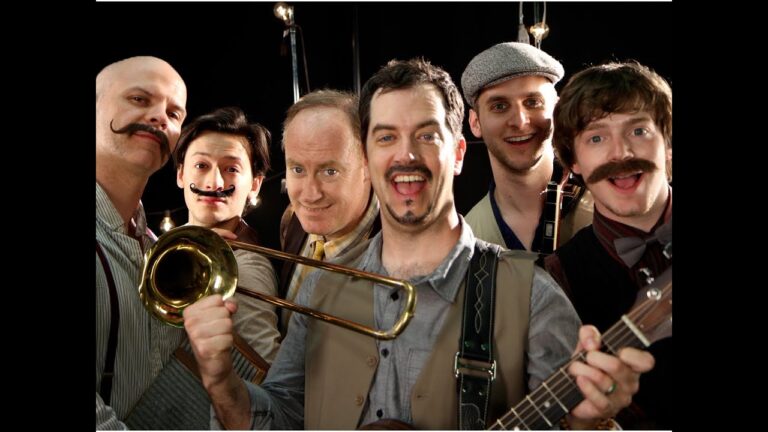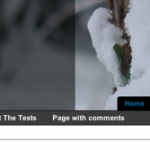Twenty-third in a series
greet
(gree·t) Dialect, chiefly Scot. ~v.
1. to cry, weep.
2. gravel or grit.
~adv.
3. greetin’ (“Stope greetin’! It wisnae that sair.“)
~adj.
4. greetin’ face cry baby; one who is prone to tears or constantly miserable.
Your
13 Comments
Comments are closed.






from the root ”regret ”
likely the other way ’round, surely? re- + greet = regret.
late 14c., regreten, “to look back with distress or sorrowful longing; to grieve for on remembering,” from Old French regreter “long after, bewail, lament someone’s death; ask the help of” (Modern French regretter), from re-, intensive prefix (see re-), + -greter, which is possibly from Frankish or some other Germanic source (compare Old English grætan “to weep;” Old Norse grata “to weep, groan”), from Proto-Germanic *gretan “weep.”
From 1550s as “to grieve at (an event, action, revelation of facts, etc.).”
Scots is NOT slang.
http://www.scotslanguage.com/ or http://www.dsl.ac.uk/
This is about much, much more than a proposition that we lighten up – we get this nonsense endlessly as part of the Scottish cultural cringe. The slang description has been and is used to diminish our proud and ancient linguistic heritage to be considered little more than a dialect of English, spoken only by uneducated peasants. There is a reason for this – Americans might think of the native American analogy – once considered uncivilised barbarians by the colonialists. You may also wish to consider the past English perception of Irishness and of their culture and language. It keeps us in our place, our own people unaware of its history, beauty and meaning. So unfortunately, describing our language as slang is hugely insulting as well as being ignorant (uneducated in fact – oh the irony). No offence intended, and I do know your uninformed description wasn’t meant to be offensive to over a million Scots speakers.
4 years late to the party, Hamerdoon, but if you’d like to note, I’ve altered the description. I’ve come to see the error of my ways. *grin*
Thank you, it’s greatly appreciated. Next one to consider – Scots wurd o the day – there’s no apostrophe after the o for the English of because there is no f in the Scots word o. 🙂
Well said
Scots (a language) greet almost definitely shares an etymology with modern Norwegian “gråte” (pronounced something like gror-te) meaning to weep or cry, and evolved from Old Norse gráta meaning the same. There was a large Norse contingency in western and Scotland and the relics of Old Norse can even still be heard in the dialects of the Danelaw, modern Northumberland, Yorkshire and Lincolnshire. As Scots evolved from Old English, they could have managed a strained conversation with a speaker of Norse.
sorry that should be western and southern.
Any idea if that’s from the same root as the Spanish gritar; to cry/shout?
Perhaps gritar is of Visigoth origin … (like “guerra.” I read somewhere that a lot of Spanish words related to warfare have Visigoth origin whilst many luxury terms [think “almohada,” “alfombra”] are Arabic in origin.)
Many rivers of Spain – Guadalquivir, Guadiano, Guadalhorce for three – take their names from the Arabic “wadi” – valley, stream – from the days of the Muslim kingdom of Al-Andaluz 800-1492CE
The French aubergine, for eggplant, is from Arabic al-batinjan via Spanish “la berengena”
You have to trill the r to hear the connection
[…] or so north of West Linton, late on Day 62. And, for anyone who thinks I’ve done too much greeting in Scotland so far, I can tell you this route makes a major difference. More on that […]
Greetin’ Thunderbird:
A young person that has been brainwashed into spreading propaganda. Greetin from the Scottish: to cry and make a scene, Thunderbird from the loud sound of thunder, and the ’60’s television show where they are all puppets.